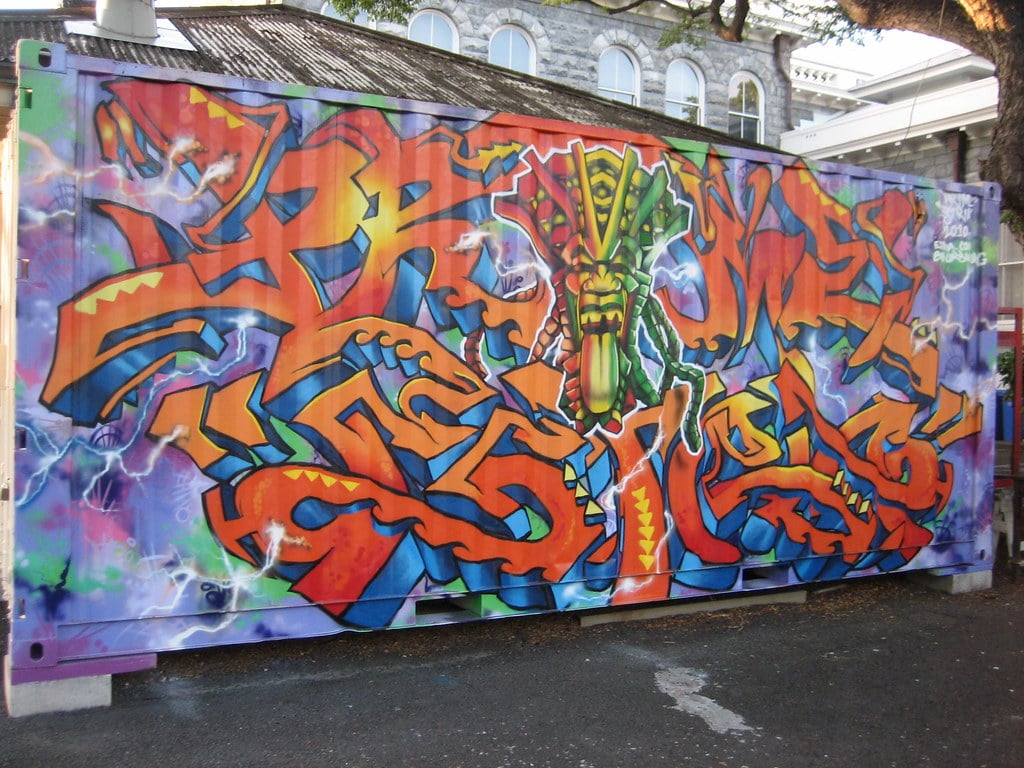The answer is: “yes, but not always.” In general, US copyright law allows the owner of an original work of authorship to prohibit the creation and display of derivative works without authorization. For example, if I write a marvelous novel, it is copyright infringement for someone to write and perform a theater production or make a movie based on my book without authorization. From this information page published by the US Copyright Office, other examples of derivative works include:
- A translation of a book/novel into another language
- A revision of a previously published book
- A sculpture based on a drawing (or a drawing based on a sculpture)
- A drawing based on a photograph
- A lithograph based on a painting
- A musical arrangement of a preexisting musical work
- A new version of an existing computer program
- A revision of a website
So, without question, a person can be sued for copyright infringement for publishing derivative works. If this has happened to you, call us here at Revision Legal. We can help if you are accused of copyright infringement of a derivative work. We are an Internet Law Firm with deep experience with defending and prosecuting copyright infringement litigation.
One defense to a claim of derivative works copyright infringement is that the derivative work is sufficiently new and original that the law will consider the new work to be transformative of the original. Whether something is sufficiently transformative will, of course, be decided by a judge in a copyright infringement lawsuit. But, if the court agrees that a derivative work is transformative, then the derivative work will be considered “fair use” and, thus, will not be deemed copyright infringement.
Whether a derivative work is transformative is really in the “eye of the judge.” As such, what is considered transformative it is difficult to predict or is a bit difficult to define. For example, one criteria given by a judge for holding a derivative work to be transformative was that the new work manifested “an entirely different aesthetic.” This was based on several identifiable differences including:
- Use of color if the original was in black and white or the converse
- Different color palette
- Differences in composition
- Presentation — the “feel” of the two works
- Recombination of elements
- Additional or deleted elements
- Changes in scale
- Differences in artistic “intent” — laudatory vs. critical, for example
- Different media from the original to the derivative work
- How much of the original work was used in the derivative work? Was more used than was necessary?
Other Defenses: Derivative Works Copyright Infringement
The defense that the derivative work is transformative falls under the general category of “fair use” of copyrighted works. There are other methods in which a derivative work might be considered “fair use.” These include creation for the purposes of scholarship, education, parody, news reporting and more. If you have questions about protecting your copyrights and other intellectual property, contact the copyright lawyers at Revision Legal.You can contact us through the form on this page or call (855) 473-8474. We are lawyers specializing in internet law.




